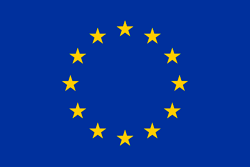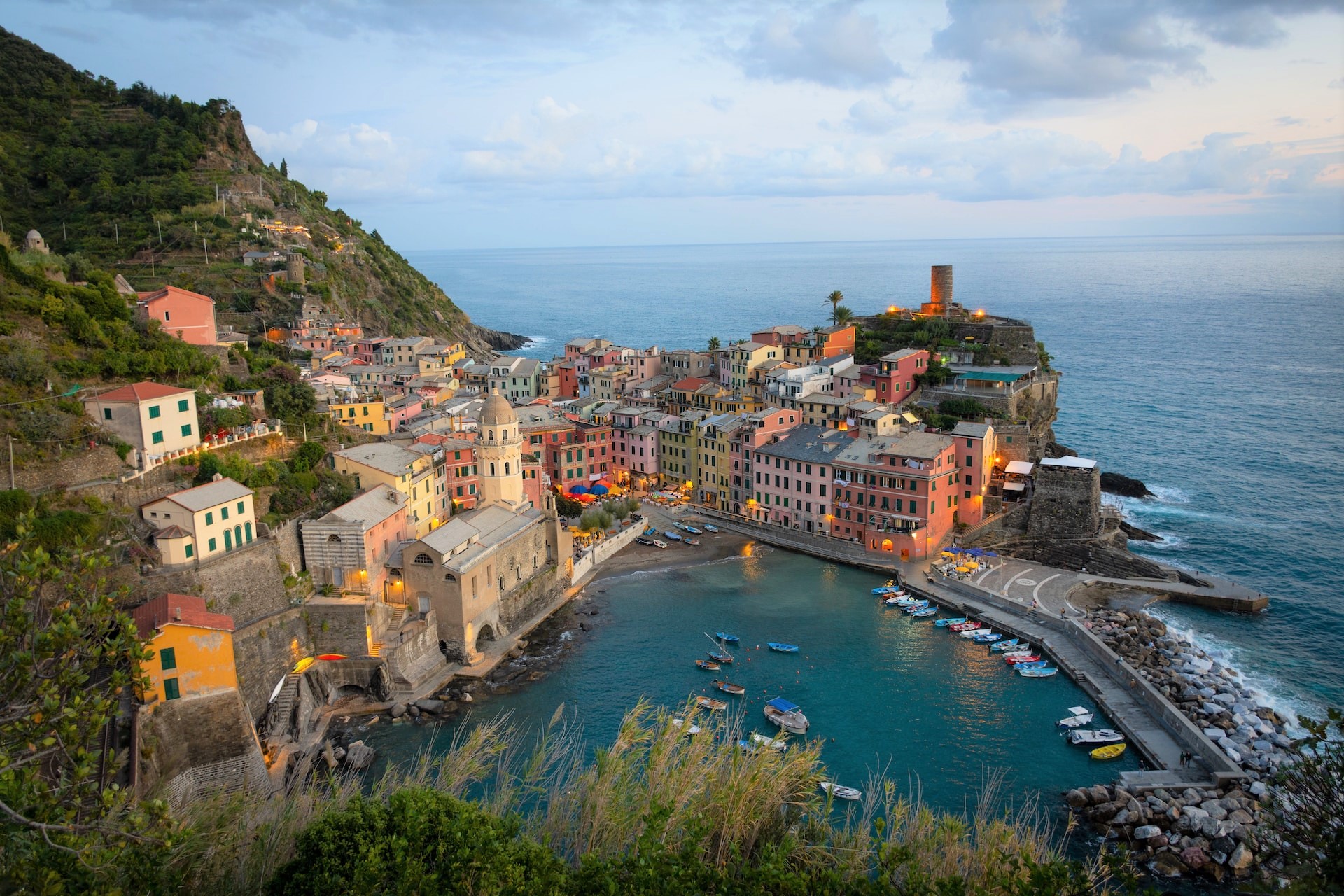“We are developing a decision-making tool to quantify the risks associated with cultural heritage and design dynamic protection plans”
The RescueME initiative came about to protect our heritage and cultural landscapes from climate change and other hazards.
TECNALIA will develop climate change impact maps on coastal cultural landscapes at a European level, taking into account the intangible and cultural building heritage. The technology centre will also develop a decision-making tool for cultural landscape managers to quantify the risks associated with their heritage and design dynamic protection plans.
Climate change poses a significant threat to communities across Europe, which also means that our shared cultural heritage and landscapes are vulnerable. Consequently, the significant contributions that pose a risk to these cultural assets, including our well-being, social cohesion, identity, local economy, territorial attractiveness and environmental sustainability.
The RescueME initiative will equip communities, especially those in coastal areas, with support tools to protect cultural heritage and landscapes.
Transition towards a sustainable future
The protection of cultural heritage and landscapes must be a key part of the transition towards a sustainable future; one that supports communities connected to nature, social cohesion and inclusion.
In the words of Aitziber Egusquiza, TECNALIA's Climate Change Adaptation researcher and coordinator of the RescueME initiative: “In line with the new EU Climate Change Adaptation Strategy and UNESCO's Historic Urban Landscapes Recommendation, RescueME proposes a call to action to protect our common heritage, extending the scope of what is considered cultural heritage, triggering actions and mobilising resources by quantifying the impact of climate change on our coastal cultural landscapes at a European level".
Resilience Landscape Laboratories
Resilience landscape laboratories have been established in coastal communities across Europe. These communities will test and co-create cutting-edge RescueME approaches: Psiloritis in Crete (Greece); Neuwerk in Hamburg (Germany); Portovenere, Cinque Terre & the Islands (Italy); Valencia (Spain); and the city of Zadar (Croatia).
Consortium:
TECNALIA, Fraunhofer Gesellschaft, Alma Mater Studiorum - Universita di Bologna, Fondazione LINKS, ICLEI European Secretariat, SISTEMA, Meteorological and Environmental Earth Observation, Las Naves, Comune di Porto Venere, Draxis Environmental, Centro Euromediterraneo sui Cambiamenti Climatici, Technische Universität Hamburg, Freie und Hansestadt Hamburg, Diktyo Dimon Tou Psiloriti, Grad Zadar, Conexiones Improbables and the Université de Liège.

This project has received funding from the Horizon EU research and innovation program, in accordance with Subsidy Agreement No. 101094978.

